FCE, CAE, IELTS, TOEIC, TOEFL, DELE, DELF, HSK and English or other language exams – Are English or other language certificates useful?
Are English or other language certificates useful – FCE, CAE, IELTS, TOEIC, TOEFL , DELE, DELF, HSK and English or other language exams
If you’re asking yourself this question, the names of the most popular language certificates such as FCE, CAE, TOEFL, TOEIC and IELTS for English, DEFL and DALF for French, DELE for Spanish or Goethe-Zertifikat for German probably mean something to you. Is it worth taking these tests?
Check our our different English and other language exam preparation courses online =>

Studying abroad
It really depends on your goals and personal circumstances…. In some situations, these English language certificates are compulsory. For example, if you want to study at a foreign university. Some require specific English language exams and certificates such as FCE, CAE, TOEIC, TOEFL or IELTS.

Specific professions
Another situation: you want to work in a field that demands very good language skills, for example offering your services as a translator. Obviously, your clients want top-quality translations, but they are not in a position to judge for themselves. They have to rely either on your reputation or on a document proving your competence. A language certificate may be indispensable, especially at the beginning of your career when you do not have many references.

Confirmation of your language level
Having an English or other language certificate can be an advantage even if you are applying for a job in a company that will assess your language skills at the end of the interview anyway. The thing is not to have this interview at all. In the case of a really attractive position, there are so many applications that the initial selection is based on the CVs submitted. People often tend to overestimate their language skills or deliberately overstate them, claiming, for example, “fluency in English”, when in fact this ability is questionable. Recruiters are of course well aware of this and treat such declarations with caution or omit them as a criterion altogether. It is a different matter if you confirm your English or other language level with a widely recognised language certificate, because it is a guarantee that at least, from this perspective, you are not wasting someone’s time. This can make the difference between your CV going to the next stage of the recruitment process or ending up in the trash.

Next question: are English or other language certificates useful for learning or mastering a language?
This of course depends on the specific language certificate programs but, in general, a language certificate is not intended to serve this purpose. Some language certifications focus on writing and grammar, thus it happens that you will find a person who has achieved a very good score but still cannot speak the language. Also, when preparing for these language exams, you work a lot on tasks that are more useful for passing the language exam than for using the language in real life. How many times in your life have you had to describe a picture of a family or a landscape? These tasks are often required in some exams, but they are not the most useful aspects of the language.
On the other hand…
Studying for a language certificate can be useful, as it sets you a specific goal to achieve by a deadline. In addition, failing a language exam means losing the fee you paid. This is highly motivating.
In conclusion, it is possible to know a foreign language very well and use this skill successfully, for which a language certificate as such is not necessary, but it is worth having such a document in order not to waste the chance when it comes.
Check our our different English and other language exam preparation courses online =>

